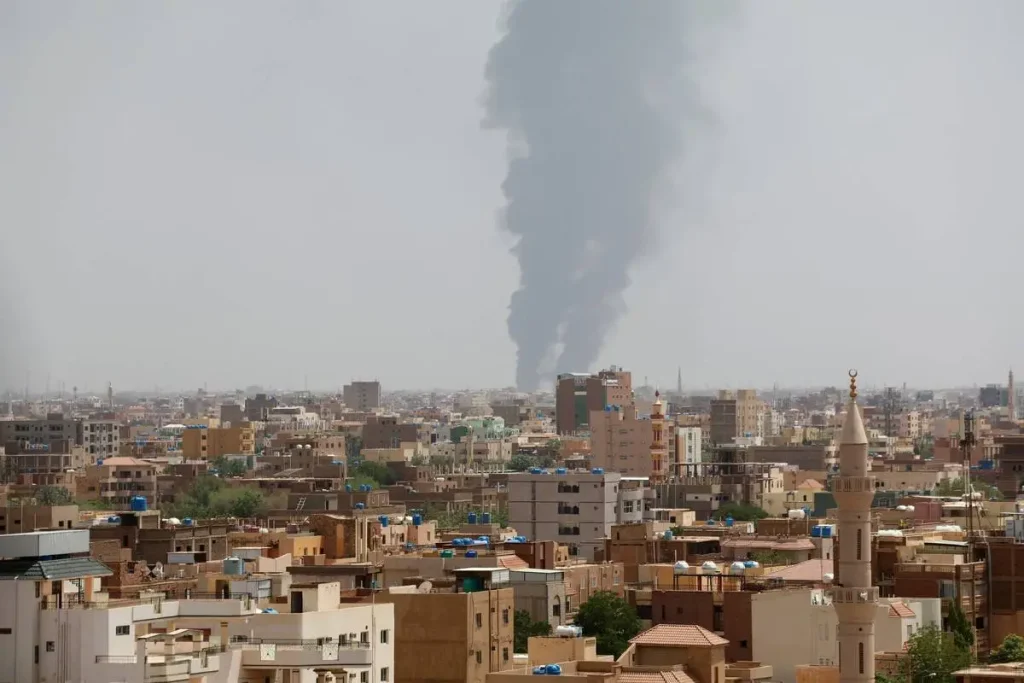The paramilitary Rapid Support Forces (RSF) launched a drone attack on the last functioning hospital in Al-Fasher, North Darfur, overnight Friday, killing nine people and injuring 20 others, according to local health officials and activists.
State Health Minister Ibrahim Khatir reported that four missiles struck the hospital, destroying wards, waiting areas, and other critical facilities. Images shared by the Al-Fasher Resistance Committee, a pro-democracy group, revealed extensive damage, with debris covering hospital beds and shattered walls.
The RSF, which has been embroiled in an 18-month-long conflict with Sudan’s army, did not immediately respond to accusations but has previously denied targeting civilians.
Al-Fasher remains one of the most active battlefronts in the war, with fears of escalating ethnic violence if the RSF solidifies its hold in the Darfur region. Observers draw parallels to last year’s ethnic reprisals in West Darfur, which led to widespread devastation.

The humanitarian situation is dire. Nearby Zamzam camp, housing over half a million displaced people, has faced RSF artillery bombardments, forcing thousands to flee. Experts warn of famine conditions within the camp.
The Sudanese army, which continues to defend its positions, has retaliated with airstrikes, including a deadly assault this week in Kabkabiya, where over 100 people were killed.
At a recent UN Security Council session, Sudan accused the United Arab Emirates of conducting drone strikes for the RSF from Amdjarass in Chad and supplying arms and training to the paramilitary group. The UAE denied these claims, stating its involvement is limited to humanitarian aid flights for Sudanese refugees in Chad.
Hospitals across Sudan, including in Al-Fasher, have been repeatedly targeted in the conflict. Saudi Hospital in Al-Fasher is now the only major medical facility still operational in the region. Nationwide, nearly half of Khartoum’s hospitals have been damaged, severely hindering access to medical care, according to a recent report by the Sudanese American Physicians Association and Yale’s Humanitarian Research Lab.


